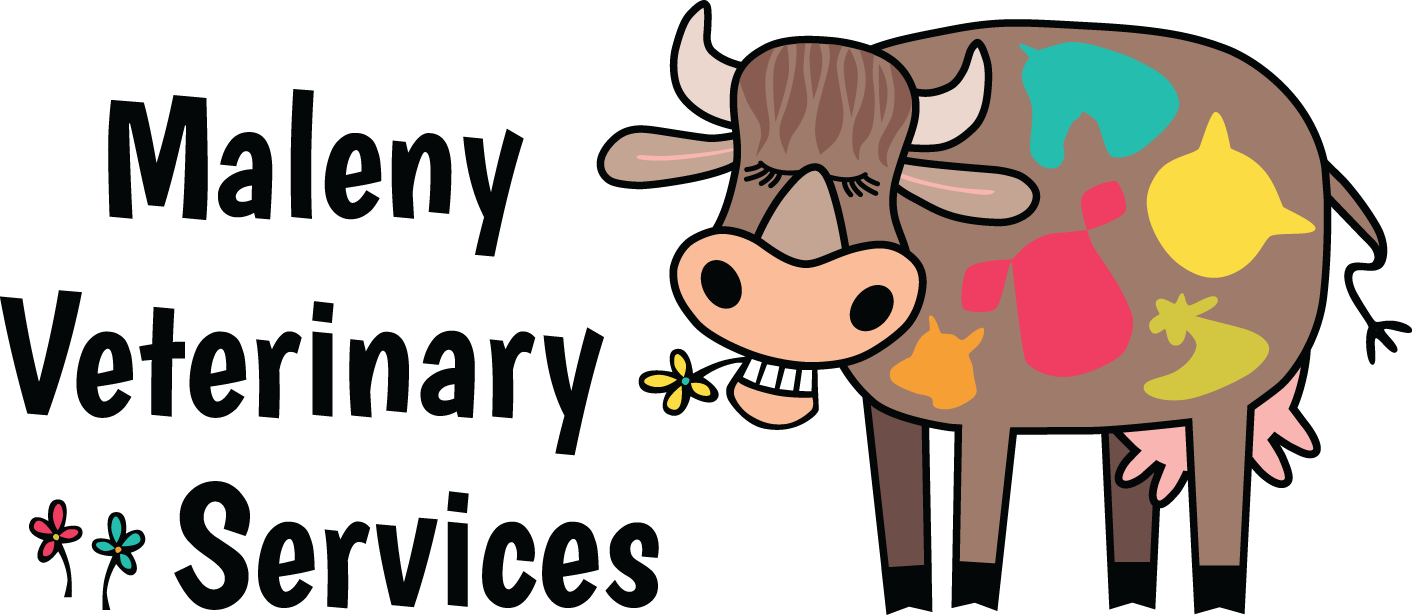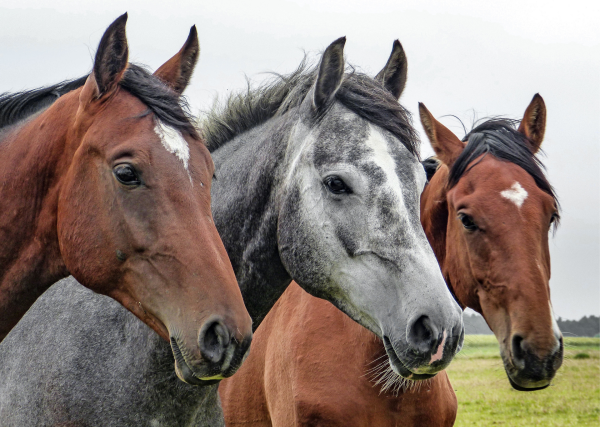On behalf of all of us here at Maleny Vets, we’d like to thank you all for your OVERWHELMING support for our decision. As I said, it has not been an easy one and will continue to cause some upset.
From a personal perspective, I have read through many of the comments against our stance, and thank those authors for taking the time to offer their thoughts. I’d like to take a moment to respond to some of the general themes.
“only two deaths”
There have been four. The names of these human beings are Vic Rail, Mark Preston, Alister Rogers and Ben Cunneen. These people did not have the opportunity to protect themselves as we do now, and to trivialise the loss of their lives is immensely disrespectful to the work they did for the horse industry, and the value they held to their families and the communities in which they lived.
“money hungry”
Perhaps those individuals who think that vets are expensive have either lost or never have had a sense of the true cost of health care. 2% of our taxable income goes to the federal government to fund universal healthcare in Australia (Medicare). On top of that, the Pharmaceutical Benefits Scheme heavily subsidises many of the wonderful medications that Australians are blessed to have access to. That would mean that my one visit to the doctor last year cost me about $1500. In contrast, the veterinary profession is not subsidised even though we apply the same high standards of care to our medicine and surgery.
“cost”
Cost is a weak argument. Ours, and many other practices, have been vaccinating horses for HeV for below cost for a very long time and it has not made one bit of difference to people vaccinating or not. The majority people are worried because of what they’ve read or heard along the grapevine.
And really, BE HONEST, what’s the cost of the vaccine in the scheme of the expense of owning a horse?
“not 100%”
At the time of this posting, not one horse that’s been experimentally infected with Hendra virus has contracted Hendra or shown any signs of replicating the virus. In the field, there has not been one HeV vaccinated horse contract the disease. There has not been one reported death due the vaccine. That’s 100%.
In all honesty, over time you’ll probably be right. Hendra virus IS A VIRUS. I’m no specialist virologist but I expect, like many viruses, it’ll change its shape and form over time, and the vaccine will fail. It hasn’t yet – not in the laboratory, and not in the field.
I’m not naïve enough to say that it’s the be-all and end-all, but it’s the best we humans have at the moment to try and keep our horses and ourselves safe. If we have a good hard look at ourselves, how big are we usually on 100%? Do seatbelts save lives every time? Do airplanes fall out of the sky sometimes? It’s a simple case of ‘risk versus benefit’. I’ve been a vet for just over 20 years now, it has been my long, long experience that quite often a horse owner will request a bottle of penicillin for their horse that has gone through the fence and cut its leg. NEVER, have I heard “please come and culture the bacteria growing in my horse’s cut leg before you give it any drugs – I want to be 100% sure that I’m doing the right thing and there’s a tiny chance that penicillin might not work.”
We can only be so sure, use our best judgement based on the evidence we have been provided and the experience that we gather. When there’s a human vaccine, I’ll be the first in line so I can continue to see horses and then go home safely to my family.
“reactions”
Absolutely. That’s the purpose of a vaccination – to train the body to react. I completely agree that horses have adverse reactions to the vaccine and the more often you vaccinate, the more likely the horse is to react. I own six horses, three of which now require an anti-inflammatory the day of, and the day following their vaccination. I suspect that there is some truth in the current thought that ‘brings out underlying conditions’. I’ve seen a couple of things in our practice that have made me think, “Hmmmm”. Having said that, so can any stress – competition, cold and wet weather, transport, change in diet, pasture growth.
Now, let’s talk about reactions to other things we use in our horses. Ever wormed a horse and it get colic? Ever given a horse Ace and have his penis prolapse and not go back in? Ever give a horse a tetanus vaccination and get a lump in his neck? Ever give a horse penicillin and have them die of an anaphylactic reaction?
On a personal level, I had a nasty reaction in my arm when I had Gardasil immunisations. A couple of days of rest and Panadol is a small price to pay for reducing (not eliminating, mind you) my chances of dying of cervical cancer. (Just for fun, have a read of the TGA ‘Gardasil’ paperwork, yet this is generally accepted as being a life-saver for women, as it should be!)
“unsafe”
Anyone familiar with the AVPMA and the TGA would know that these groups move with glacial speed. Nothing gets through until they are convinced that it’s highly likely (my words, not theirs) that whatever they’re okaying, is ok to use. More often than not, the general public gets hysterical because some new drug is not in the country in time to save someone’s life. Not foolproof, but it’s the high standard that we demand for our own health.
“insurance”
I know my insurance. I haven’t found one better. Besides, you’re missing the point – it’s not just about insurance, it’s also about protecting your horse and the community.
Biosecurity Act – Section 23 – your General Biosecurity Obligation.
Besides, if your child died of Hendra after being exposed to an unvaccinated horse at a horse event, no amount of insurance is going to help anyone, is it?
“just wear PPE”
Last week I was unfortunate enough to stand by whilst a dear old horse was shot. For those of you who have never had to shoot a horse, let me tell you, it tears away a piece of your soul. This fellow was dearly loved yet had not been vaccinated be cause he was retired and just left live out his days in the paddock. When his owner found him, he was in excruciating pain from colic. He was a mess, and my basic PPE was terrifying him (gloves, goggles and breathing mask, let along trying to approach him in the full white suit). He kept running/stumbling away as we tried to calm him. He had to be shot from a distance. He did not have the benefit of a kind word in his ear, a scratch on the neck and a sharing of breath as he left this world – all the things that horses need when they need comfort from us.
In addition to this, I have not had an owner yet be able to adequately comply with PPE requirements whilst waiting for a Hendra Exclusion test to return, risking their health, and potential legal ramifications for us.
“pro-choice”
Me too. I am free to choose not to treat your horse. You are free to choose another vet.
Deb Thorne BVSc
Maleny Veterinary Services

